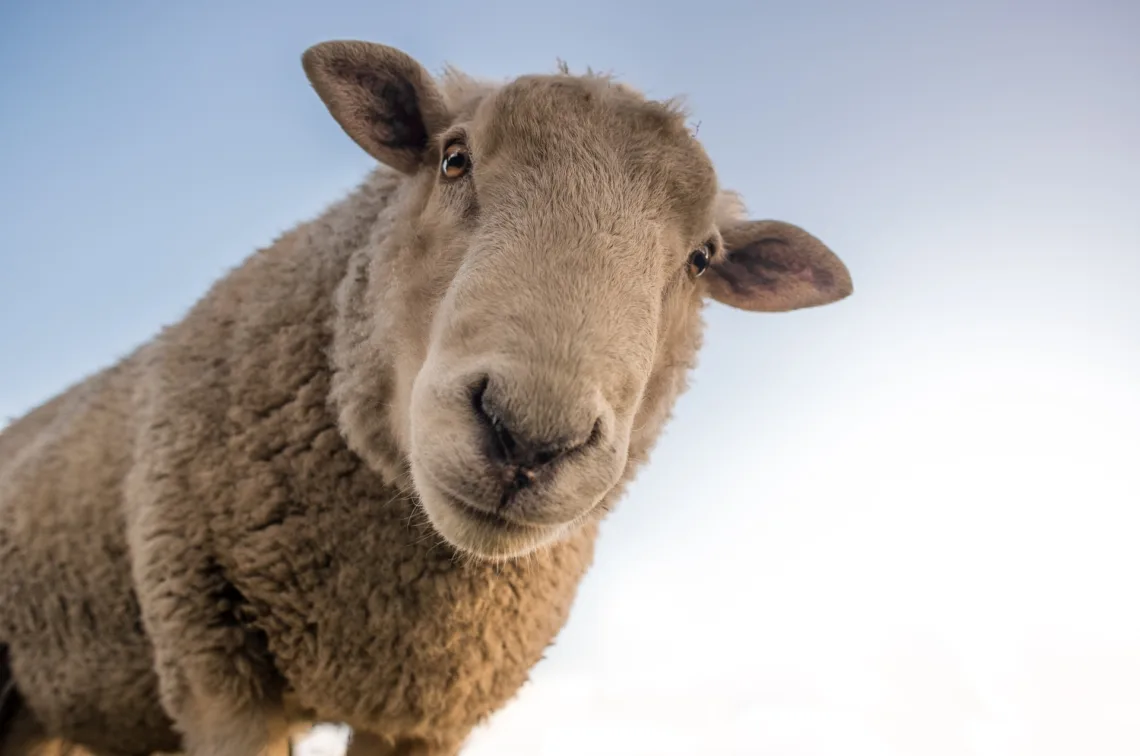Scottish researchers have used mobile test equipment to measure emissions of greenhouse gases from sheep. This is reported by the BBC.
Scotland’s Rural College (SRUC) states that this was the first time the New Zealand-designed Portable Accumulation Chambers (Pacs) had been used in the UK.
The equipment helps researchers visit farms and analyse the concentration of methane from sheep to identify which genetics and feed produce the highest emission levels.
Dr Nicola Lambe from SRUC says there is an urgent need to reduce greenhouse gas emissions from sheep.
The researcher comments that there are an estimated 1.2 billion sheep in the world, which produce around seven million tonnes of methane in the atmosphere.
The research of the Edinburgh-based SRUCs can help find solutions to reduce animals’ carbon footprint.
Dr Lambe says that “Despite resource efficiency and greenhouse gas emissions being global priorities, there are few examples around the world of research to implement breeding strategies to directly tackle these issues in sheep.” “This is largely due to the difficulties in recording feed consumption and greenhouse gas emissions on an individual animal basis, particularly in grass-based systems.”
Rob Hodgkins, who farms in Hertfordshire, was involved in the first use of the trailer-mounted Pacs. He claims that “It will only be a matter of time before consumers will be able to look at labels on meat packages that show that what they are buying has come from, for example, a carbon-neutral sheep”.
The UK government last month announced plans for cattle to be given special products to limit the amount of methane they produce and fart. The announcement formed part of wider proposals on how to achieve the climate goals.
Earlier in 2023, billionaire Bill Gates invested in an Australian climate technology startup that is trying to reduce methane emissions from cows.
Methane is the most common greenhouse gas after carbon dioxide (CO2). Livestock such as cows and sheep produce methane when their stomachs break down hard fibres such as grass for digestion. This fermentation process creates methane gas which is then released.

